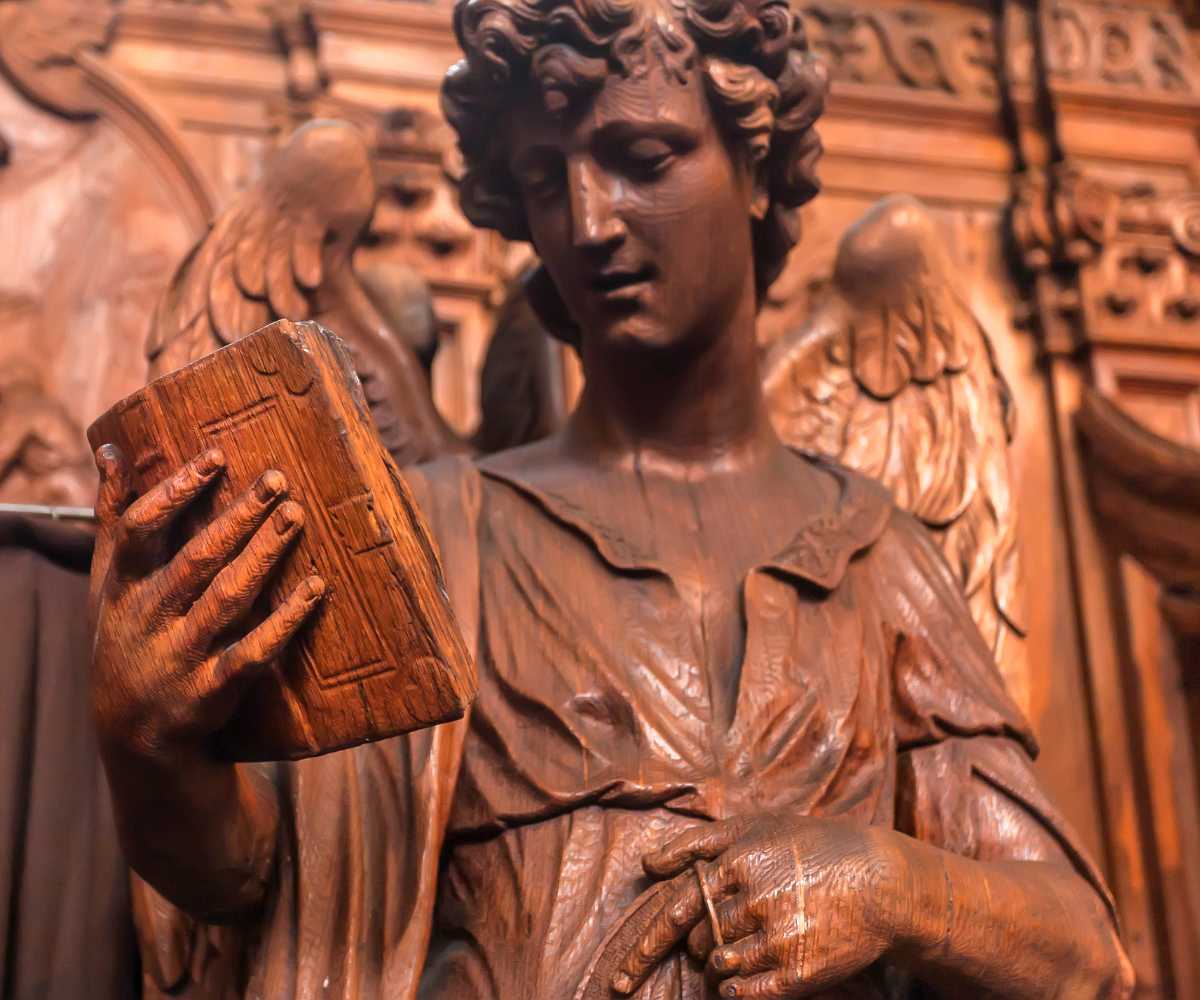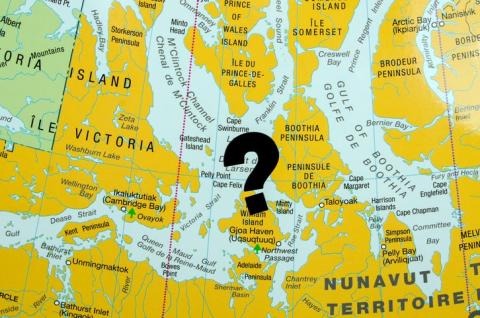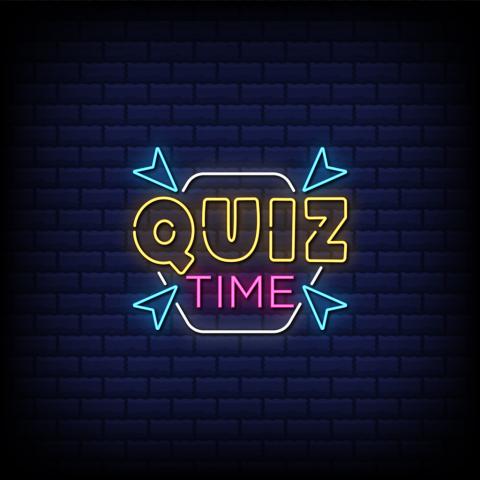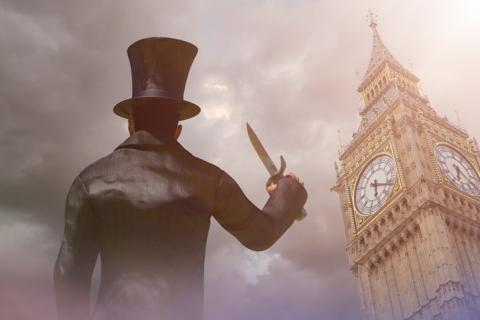Do You Know the Origins of These Common Phrases?
What is the origin of the phrase "saved by the bell"?
- Contrary to the popular (and more interesting) idea that this phrase comes from people being buried alive, its earliest use seems to have come from the world of boxing.
What is the origin of the phrase "dead ringer"?
- A ringer has been a term for a substitute for a couple hundred years. Dead, in this case, means "precise" like a "dead shot" or "dead center".
What is the origin of the phrase "start from scratch"?
- Before the building of big professional fields, many sports players would just scratch lines in the dirt.
What is the origin of the phrase "bean counter"?
- Although it first appears in English in the 1900s, the phrase appears in German in the 1600s.
What is the origin of the phrase "a little bird told me"?
- The exact wording is different, but this is the gist of it. So, if someone secretly heard something that was being kept secret from them, they would attribute that knowledge to "a little bird".
What is the origin of the phrase "beat around the bush"?
- This was done as a preamble to the actual act of catching the birds, hence its current conversational meaning.
What is the origin of the phrase "the strait and narrow"?
- In conventional usage it refers to "strait" as in a tight and restrictive passage (i.e. straitjacket), but "straight and narrow" is becoming more common.
What is the origin of the phrase "rack your brains"?
- Usually the grisly origins are folk etymologies, but in this case "rack" was well attested as a term for putting someone under stress or pressure.
What is the origin of the phrase "the die is cast"?
- Suetonius, the Roman Historian, attribute this phrase to Julius Caesar in the Latin "Iacta alea est," maybe derived from an earlier Greek quote.
What is the origin of the phrase "loose cannon"?
- Ship's cannons would be on rollers so they could move them into position. If it wasn't secured, that meant it could hurtle across the ship in reaction to shooting.






